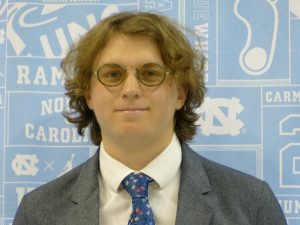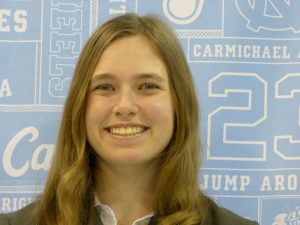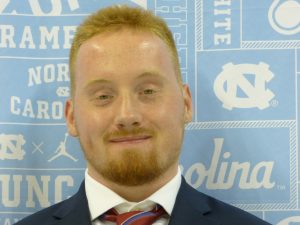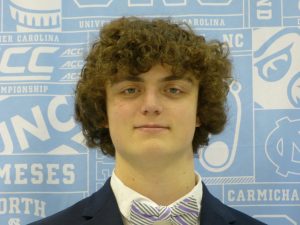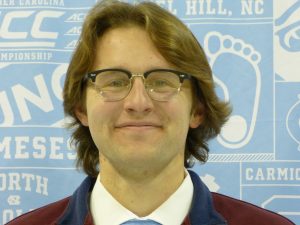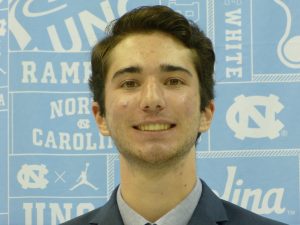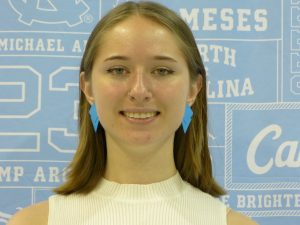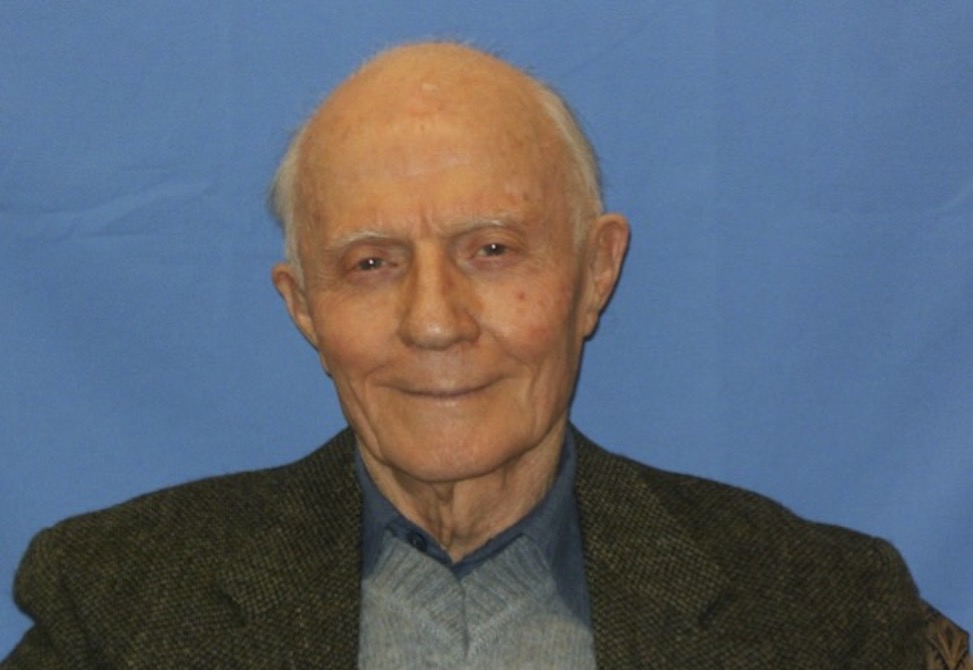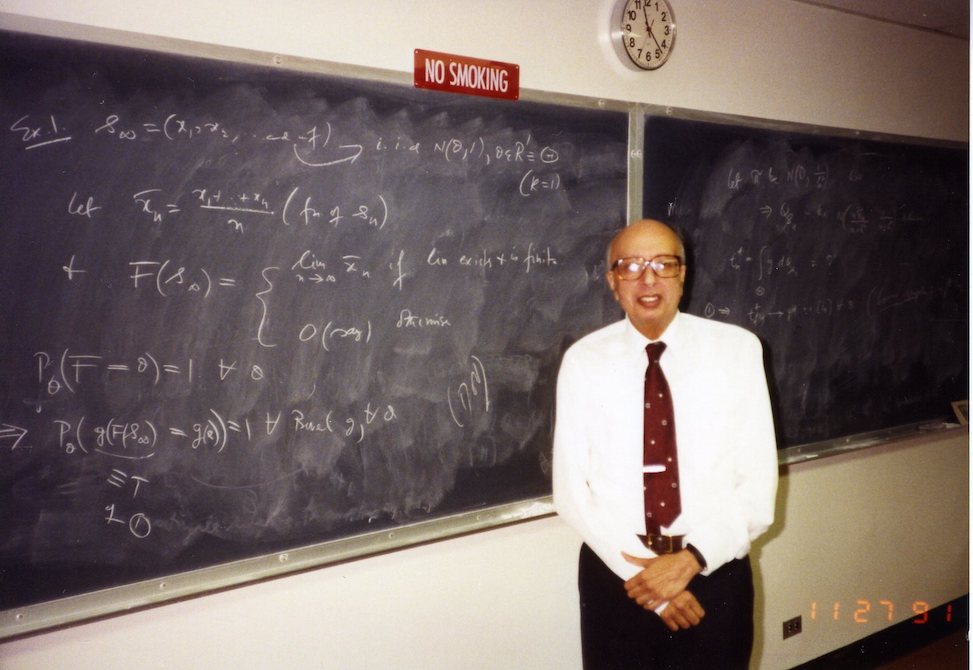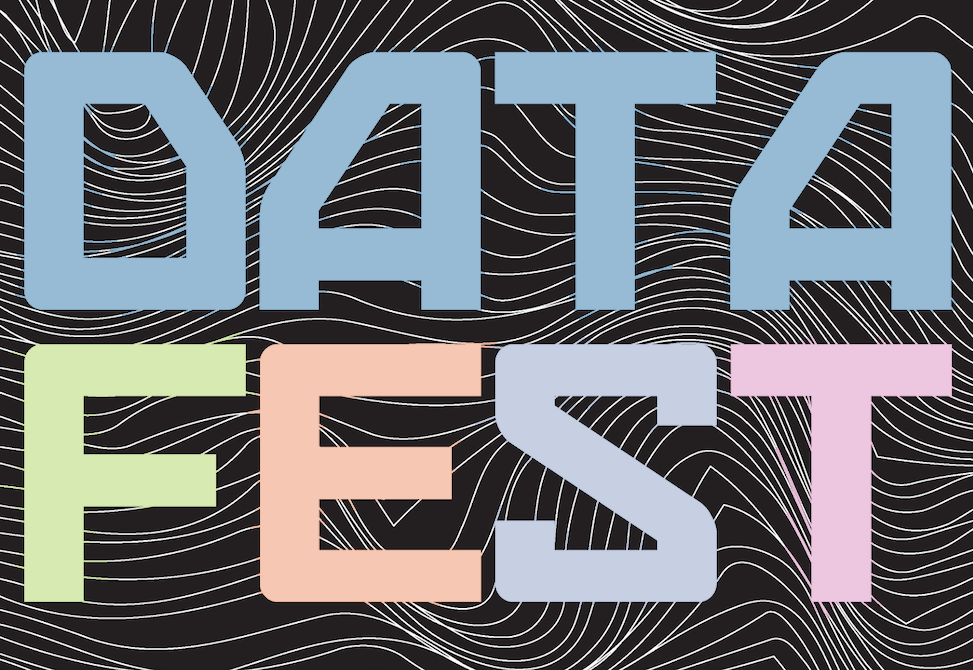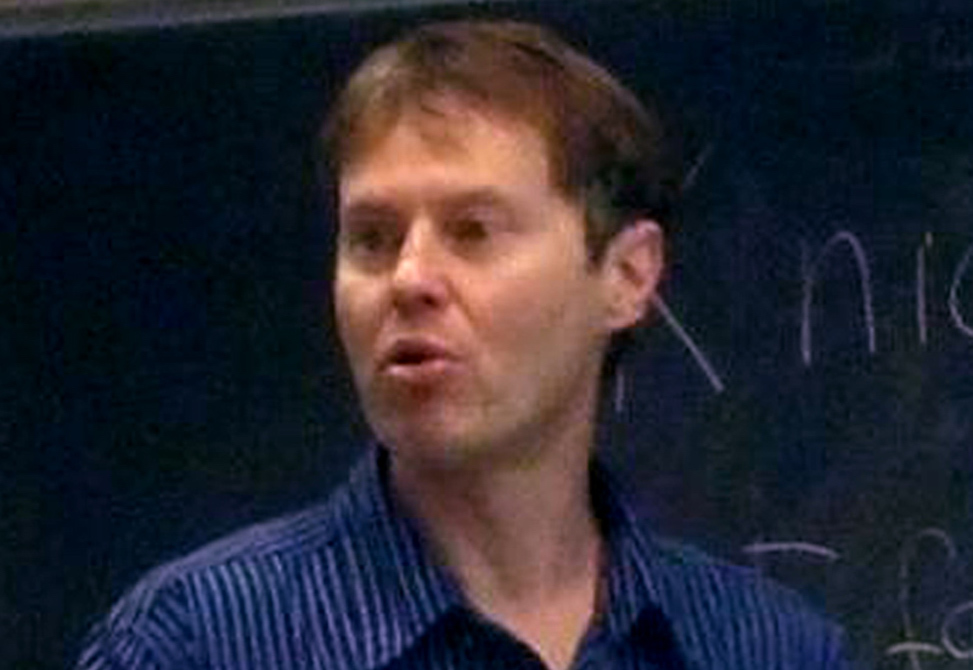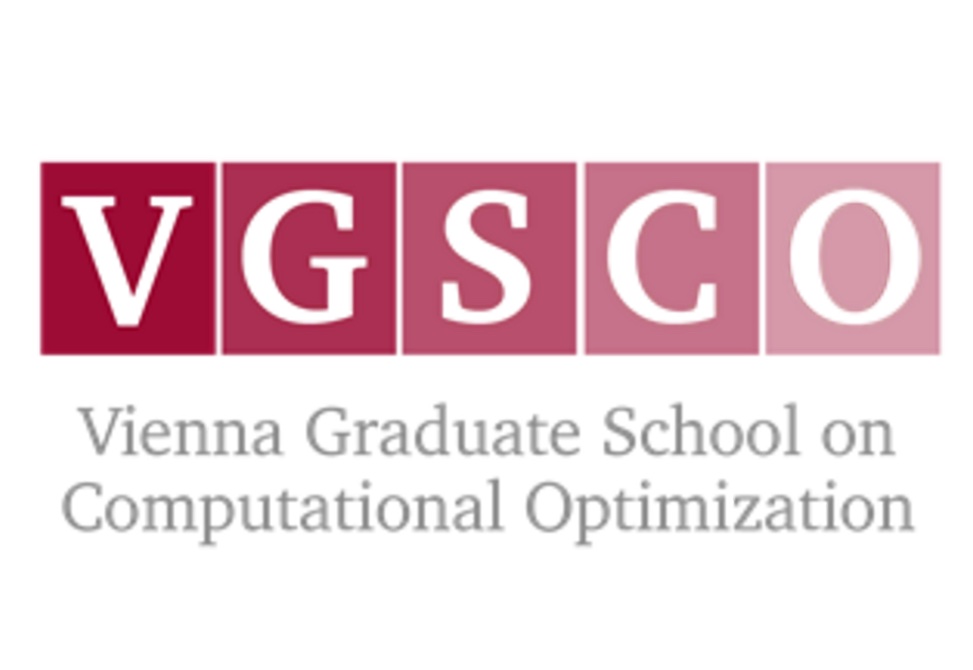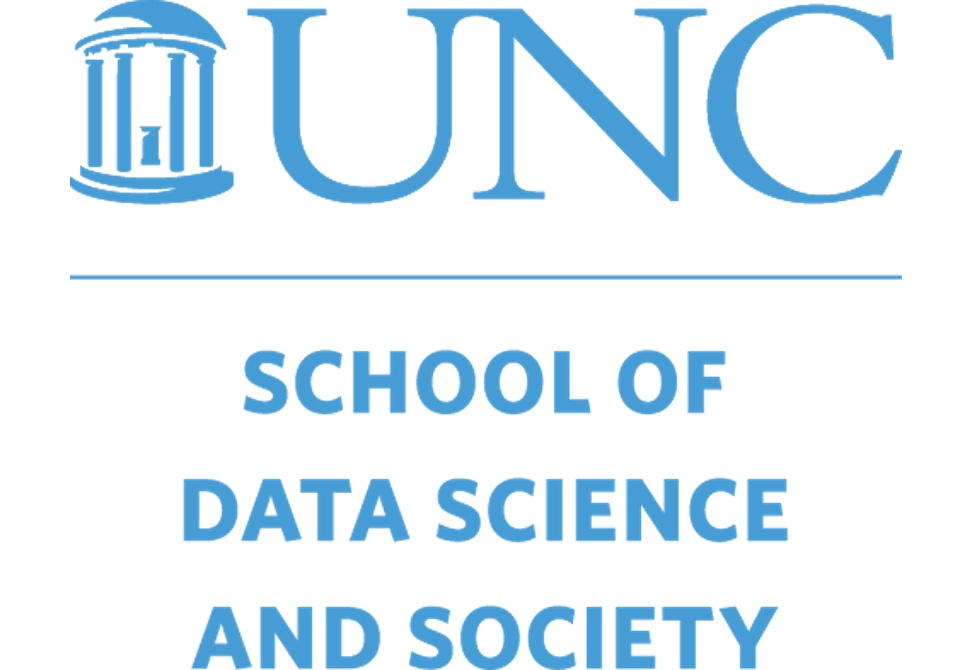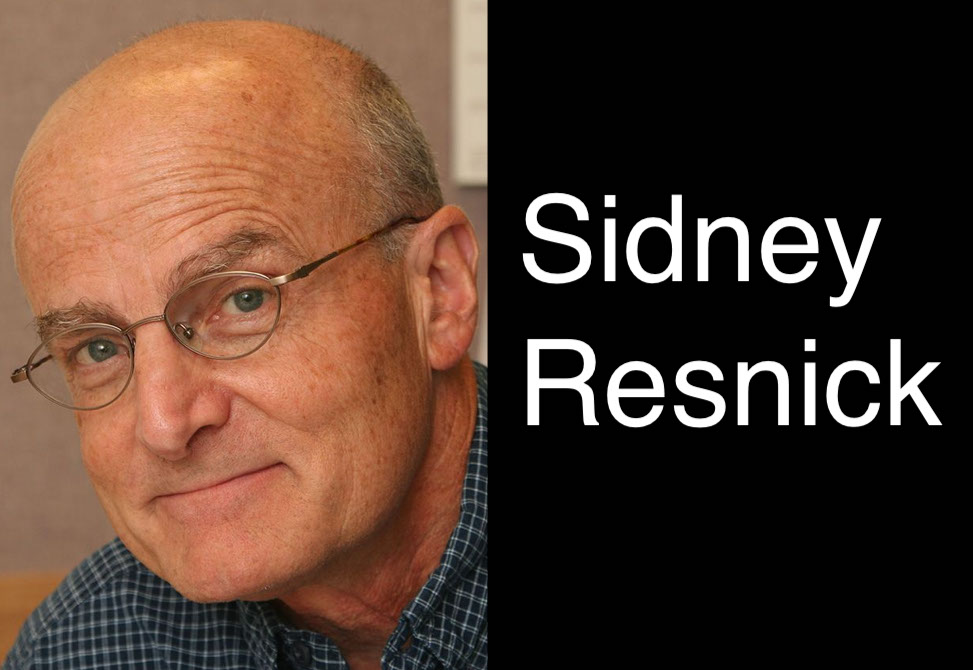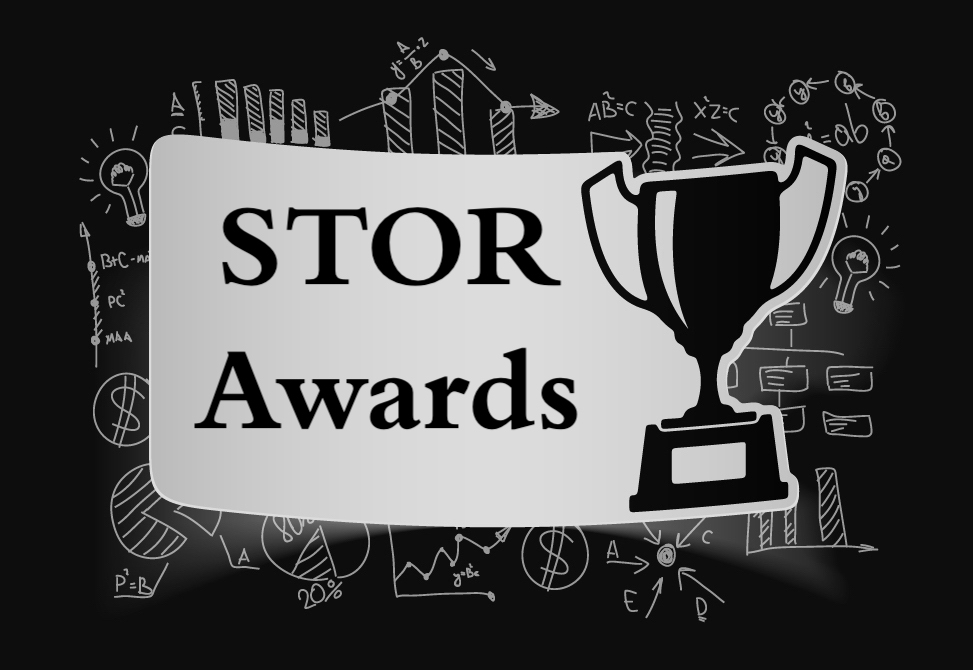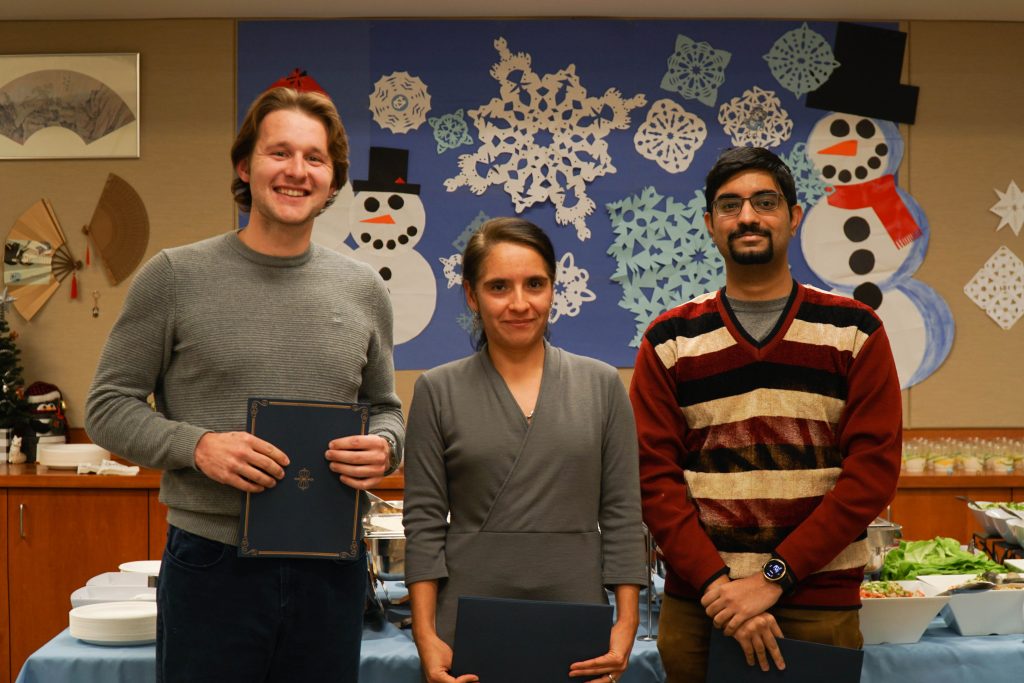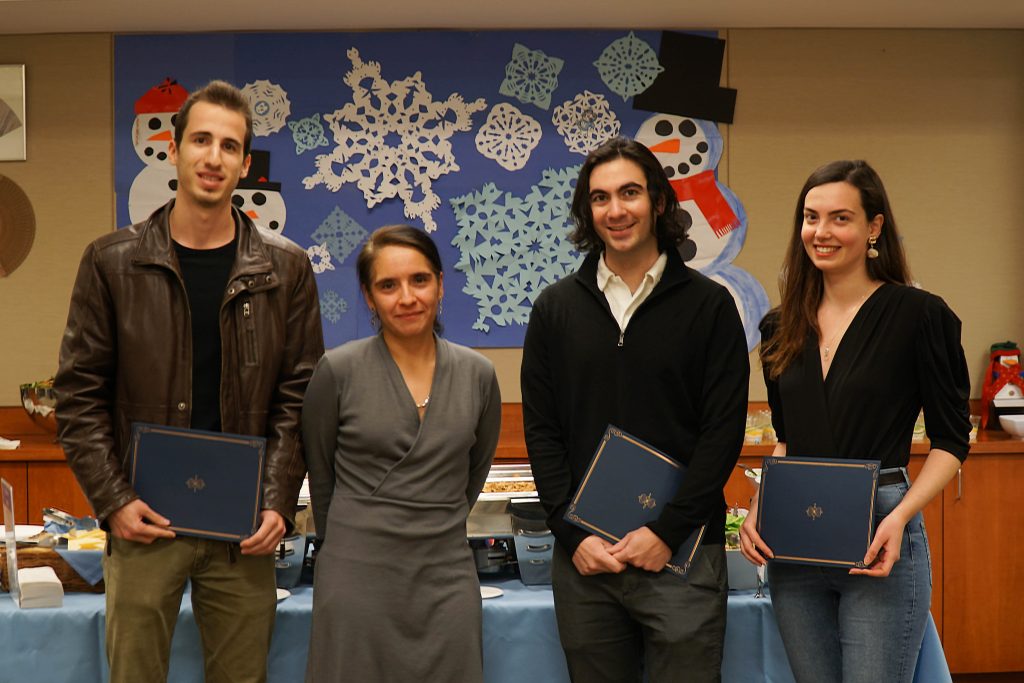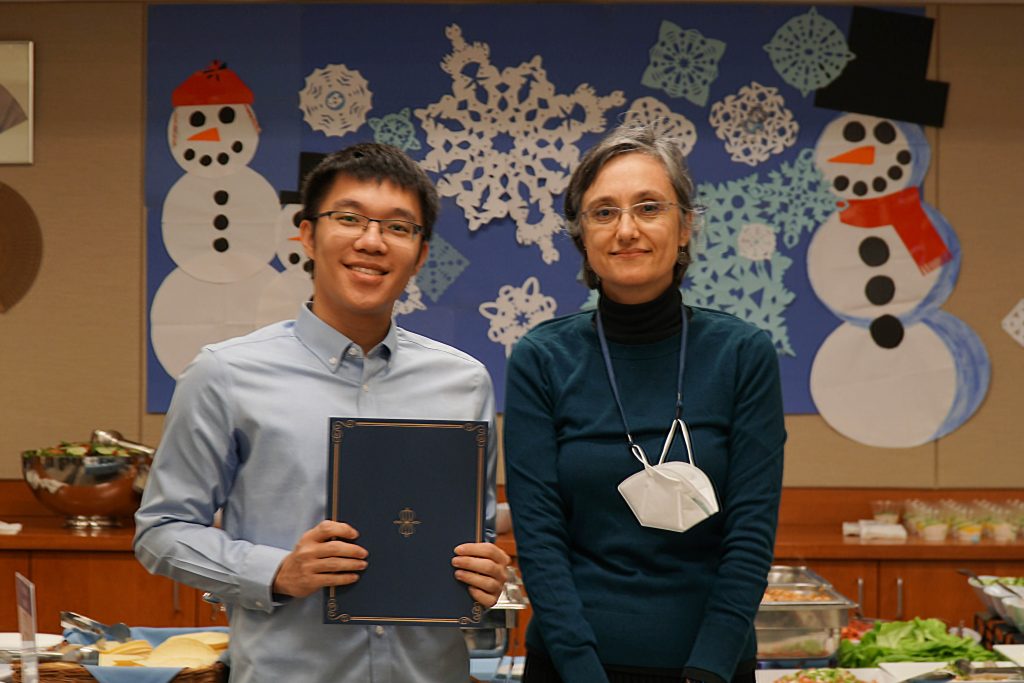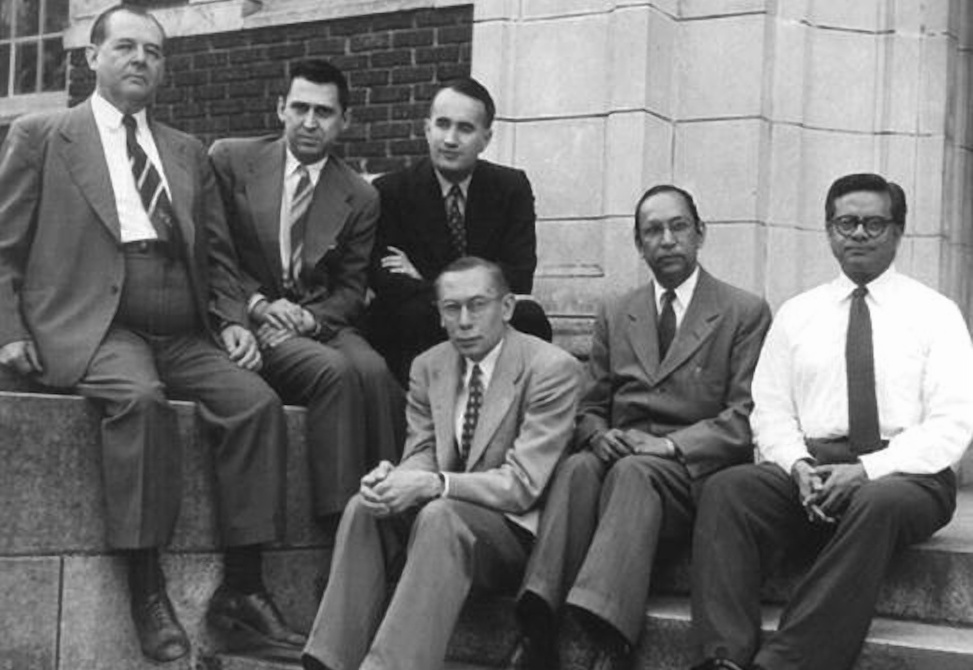Published by The News & Observer in March 19, 2023.
Walter Laws Smith
November 12, 1926 – March 6, 2023
Chapel Hill, North Carolina – Walter “Wally” Laws Smith died March 6, 2023 at Carolina Meadows in Chapel Hill, North Carolina. He was 96 years old. Walter was preceded in death by his wife of 69 years, Mary Ramsden Smith. Walter is survived by his daughter Caroline Smith of Albuquerque, New Mexico, by his son Simon Smith of Chapel Hill, North Carolina, and by his sisters Betty Haggerty and Julia Grahame in England.
Walter was born in London, England in 1926 to parents Thomas and Dorothy Smith. In 1947, he graduated with an honors degree in Mathematics from the University of Cambridge where he was a member of Pembroke College. From 1947 to 1950, he served as a lieutenant in the Instructor Branch of the Britannic Royal Navy. He was stationed first at Fort Halstead in Kent and later at HMS Sea Eagle in Londonderry, Northern Ireland. It was during his time at Fort Halstead that he developed an interest in statistics.
In September of 1950, he married Mary Ramsden Redman, whom he had met in 1944 while attending school in Maidstone, Kent. After leaving the navy in 1950, he returned to Cambridge for graduate school, and in 1953 he was awarded a PhD in Mathematical Statistics for his thesis “Stochastic Sequences of Events”. During his time as a graduate student, in addition to his studies, he developed a keen interest in magic; in the summers he and Mary performed in touring magic shows with the student Pentacle Club. Walter achieved Associateship of the Inner Magic Circle in 1952, an elite status awarded to a limited number of magicians.
In 1954, Walter and Mary moved to Chapel Hill, North Carolina, where Walter became an assistant professor of statistics at the university. Between 1955 and 1958, he also taught at the University of Florida at Gainesville, at North Carolina State University in Raleigh, at the University of California at Berkeley, and at the University of Cambridge. Eventually, in 1958 he and Mary decided to live permanently in Chapel Hill. From then on, he remained a faculty member of UNC’s Statistics department until his retirement in 1994, serving as department chairman from 1981-1986. His field of expertise was probability theory, specifically queues, the subject of the book he co-authored in 1961.
In 1960, Walter was awarded Cambridge University’s prestigious Adams Prize for his submission “Contributions to Renewal Theory”. In 1974, he was awarded a Guggenheim Fellowship for his sabbatical leave in Cambridge, where he was a Sir Winston Churchill Overseas Fellow at Churchill College. He was known as an outstanding lecturer and a witty raconteur. In addition to being invited as a plenary speaker at major statistical conferences across the world, he was also sought out to give after-dinner speeches to entertain attendees.
In the 1960s and 70s, Walter was active in local amateur drama. His major roles included Bottom in two different Playmakers productions of A Midsummer Night’s Dream, Ko-Ko (The Lord High Executioner of Titipu) in The Mikado in productions with the Playmakers and later with the Durham Savoyards, John Wellington Wells in The Sorcerer and Major-General Stanley in The Pirates of Penzance, both with the Durham Savoyards, Alfred P. Doolittle in My Fair Lady for Duke Hoof ‘n Horn, Dylan Thomas in Dylan with Duke Summer Theater, and Socrates in Maxwell Anderson’s Barefoot in Athens.
From the early to mid 1980s, Walter was very interested in using the new home computers to type mathematical documents. He created the technical word processing software packages QWERTY and DAISY, which led to the development of his son’s technical word processor EXP.
In his retirement, Walter enjoyed reading, painting oil pictures, playing the piano, listening to his enormous collection of classical music, tinkering with his computers, and making annual trips to England and France. In December 2009, Walter and Mary moved into the Carolina Meadows retirement community in Chapel Hill, where he became an active member of the film club. His final lectures were given as part of Carolina Meadows University on the topic of the Dreyfus Affair.
It was Walter’s wish that he be cremated and that there be no memorial service or funeral. For anyone who wishes to remember him with a donation, two charities he supported are the Chatham Outreach Alliance food pantry in Pittsboro (https://www.corafoodpantry.org/) and the Carolina Meadows Foundation https://www.carolinameadowsfoundation.org/.


